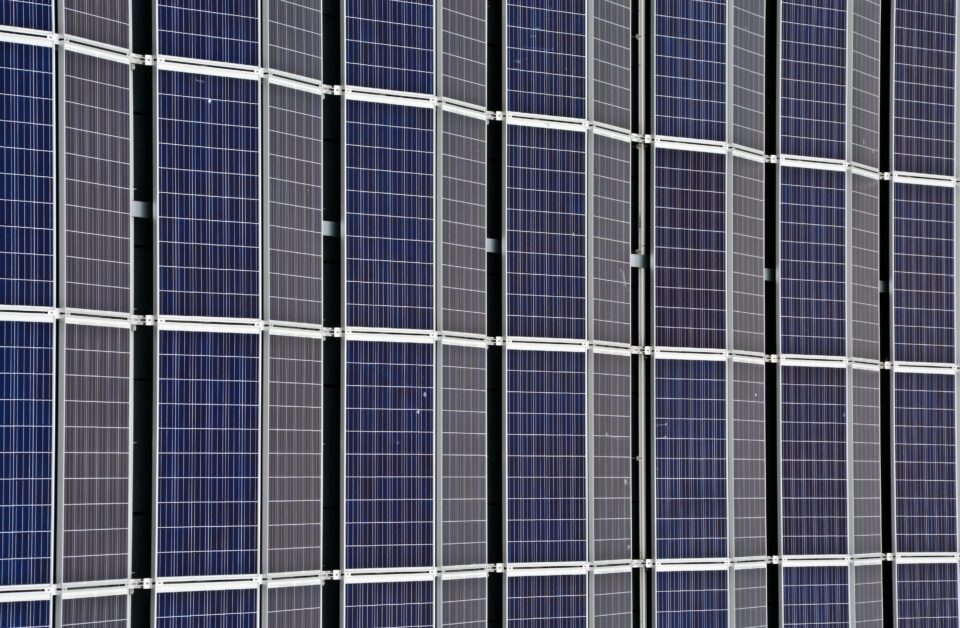Clean Energy Issues Are on the Docket for State Attorneys General
David J. Hayes (Past Executive Director) / October 3, 2019

Last Friday in Boston, in connection with hosting a National Association of Attorneys General (NAAG) Eastern Region meeting, Massachusetts Attorney General Maura Healey announced the release of our State Impact Center’s new report entitled: State Attorneys General: Empowering the Clean Energy Future.
The report highlights the many key roles that state attorneys general are playing to facilitate increased clean energy deployment in their states. Section I reviews AG activities in the clean energy arena, including the federal government’s resistance to states’ exercise of their energy rights, as well as in-state challenges. Section II is filled with case examples of recent clean energy matters in which AGs are engaged. And Section III presents a 50-state review of in-state energy authorities pertinent to state AG offices.
The NAAG meeting was a fitting setting for the release of our report. It confirmed how quickly times have changed. Featured sessions included Atlantic Offshore Wind; Climate Resilience and Equity in the Northeast; and Decarbonizing the Transportation Sector — topics that would not have been seen on an attorney general agenda five years ago.
Our clean energy report confirms that new forces are upending the traditional, staid energy regulatory world. Energy policy is no longer a legal backwater, dominated by slow-moving public utility commissions focused on ensuring that state-sanctioned utilities obtain an adequate return for the monopoly services they provide. Now, many other state interests are in play.
In particular, prompted by state concerns about climate change, high operating and environmental costs of fossil fuel-based systems, and the rapid emergence of clean energy options, states have been leaning strongly into clean energy, including by offering competitive market opportunities for clean energy innovators; increasing customer choice in the generation and use of clean energy; evaluating proposed new fossil fuel infrastructure against alternative clean energy solutions; accelerating the transition of the transportation sector to clean energy-based electricity; and fighting against bailouts and subsidies of non-competitive fossil fuel energy sources.
As explained in our report, these state-based clean energy initiatives are rooted firmly in federal and state laws. Yet, predictably, incumbent energy providers and their allies — including the federal government — are questioning states’ rights to shape their desired energy mix, as well as their rights to account for carbon pollution when evaluating energy options. State attorneys general will be busy defending their states’ rights and interests in the months and years ahead.
At the state level, attorneys general also are playing a more prominent role. In states in which the attorney general functions as the “consumer advocate,” state AGs are expanding the traditionally narrow, cost-based role of consumer advocate to fully protect states’ and their residents’ interests in climate change, equity, and clean energy. And state legal officers are using the full powers of their offices to ensure that new state laws and policies favoring clean energy solutions are not waylaid by incumbent energy providers and their regulatory partners.
We hope that you enjoy the report. Please flip through it, download it, and bookmark it as an important reference. Special thanks to our Center’s Clean Energy Attorney, Jessica Bell, who oversaw preparation of the report, with substantial assistance from Hampden Macbeth and Stephen Read, among others.
